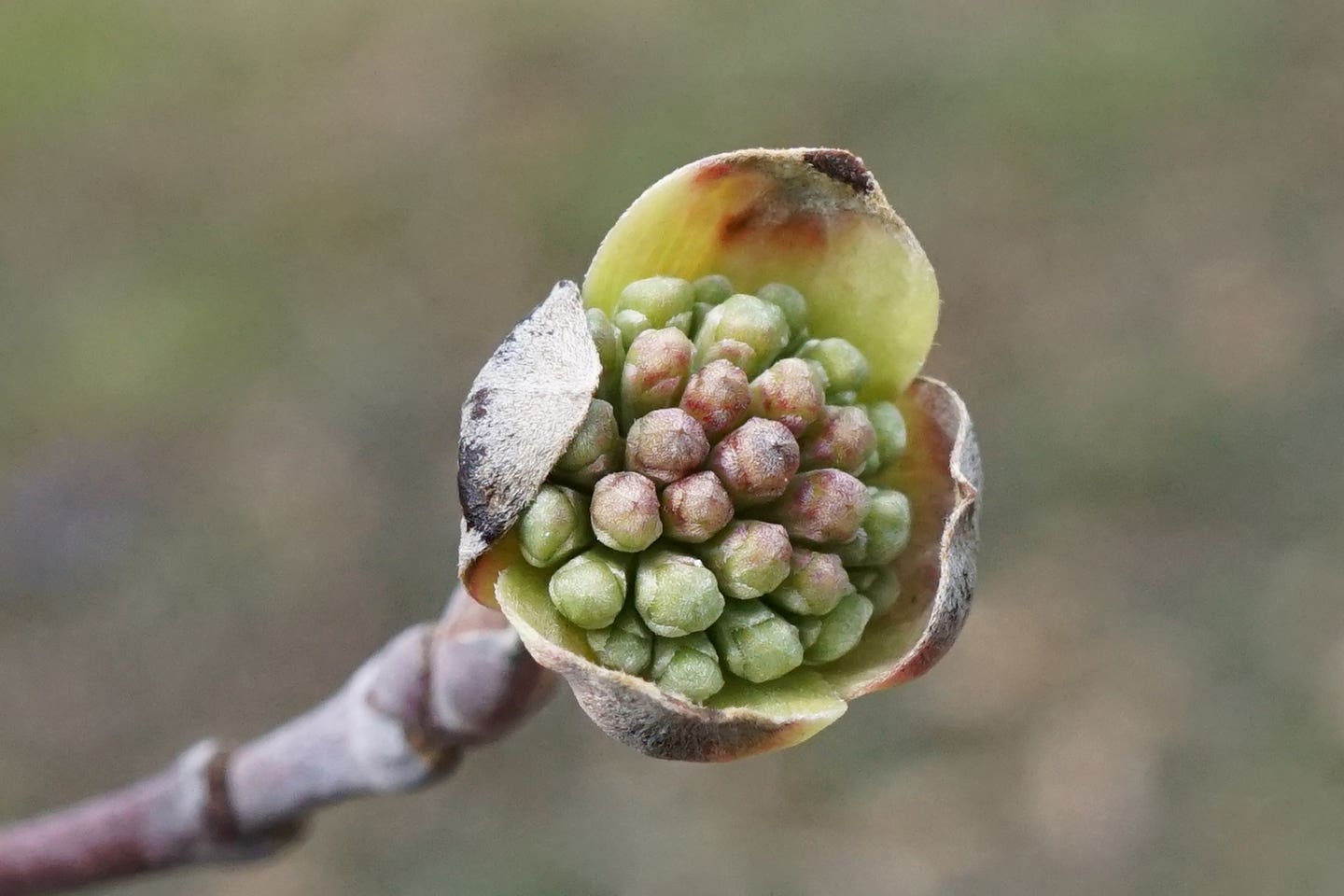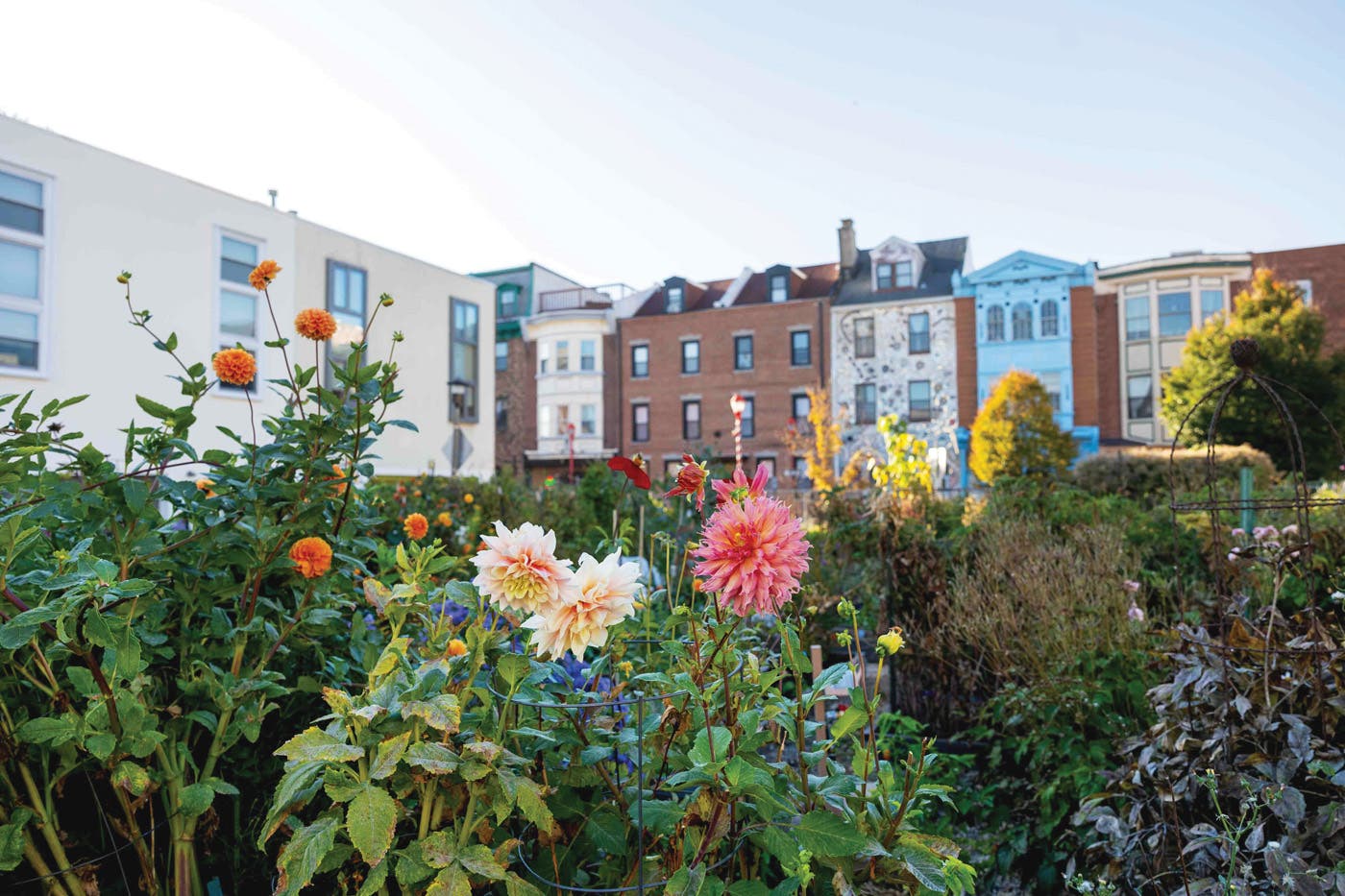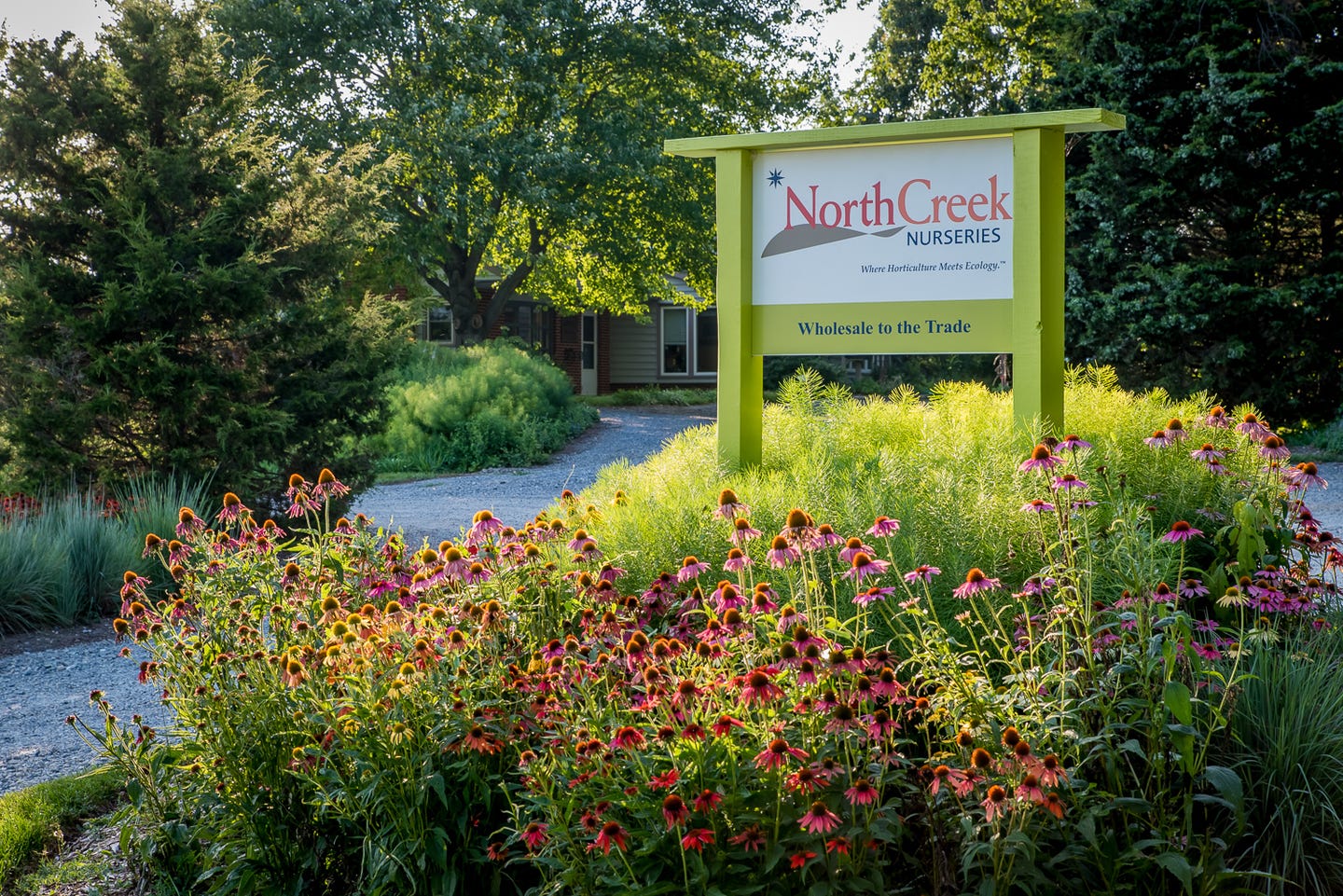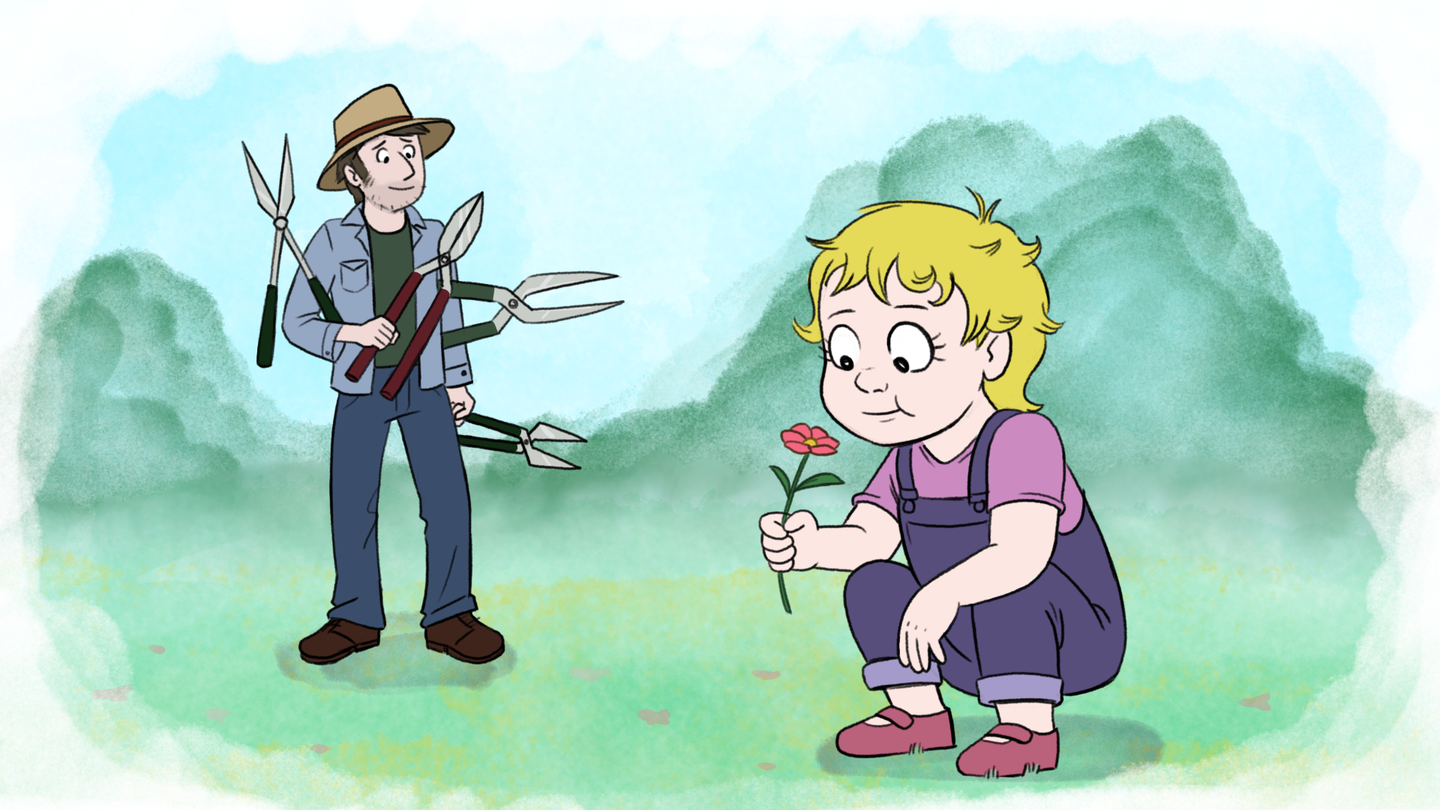Spring Allergies: Tips for Gardeners
Follow this advice to reduce allergy symptoms.
Don’t let seasonal allergies hamper your enthusiasm for gardening. Trees, grasses and weeds are the most common culprits in producing allergic reactions, because they rely on wind to disperse their lightweight pollen. (Happily, many favorite garden plants rely on bees and other pollinating insects; their heavy, sticky pollen does not bother us.)
Here are some tips for tending to your plants and enjoying your outside space despite spring allergies.
Timing is everything:
- Most weather reports will include a pollen count. Try to avoid gardening on days when the pollen count is high.
- Pollen counts tend to diminish after a rain, which literally washes the air of pollen. Counts also tend to be low on cloudy and windless days. Plan outdoor chores accordingly.
- Pollen counts are highest in the early morning and in the evening; try to avoid gardening at those times, particularly on sunny and windy days.
- Keep windows closed, if possible, until spring allergies season subsides, to prevent pollen from blowing into your home.
Self-care for spring allergies:
- If you use allergy medication, watch the pollen count and begin taking it before symptoms start if high pollen is predicted, and keep taking it as long as high pollen days are in the forecast. (Always consult with a medical professional about taking medication.)
- After gardening, remove clothes and bring them directly to your laundry area, because they may contain pollen. (Avoid placing them in a hamper in your bedroom or other living space.) Take a shower to remove pollen from your skin and hair.
- Wear a pollen mask when performing chores that stir pollen into the air, such as lawn mowing. A hat and sunglasses can be helpful in keeping pollen out of your eyes and hair.
- Gently clean your eyelids and around your nose with eye wipes (available in the eye-care or allergy aisle of most pharmacies) to remove pollen.
- Some experts suggest that seasonal allergies can be exacerbated by dehydration. Drink plenty of water, especially if you sweat while gardening or you take allergy medication, which can itself be dehydrating.
Image credit: Jason Hollinger/CC BY 2.0
Meghan ShinnAuthor
Related Stories







